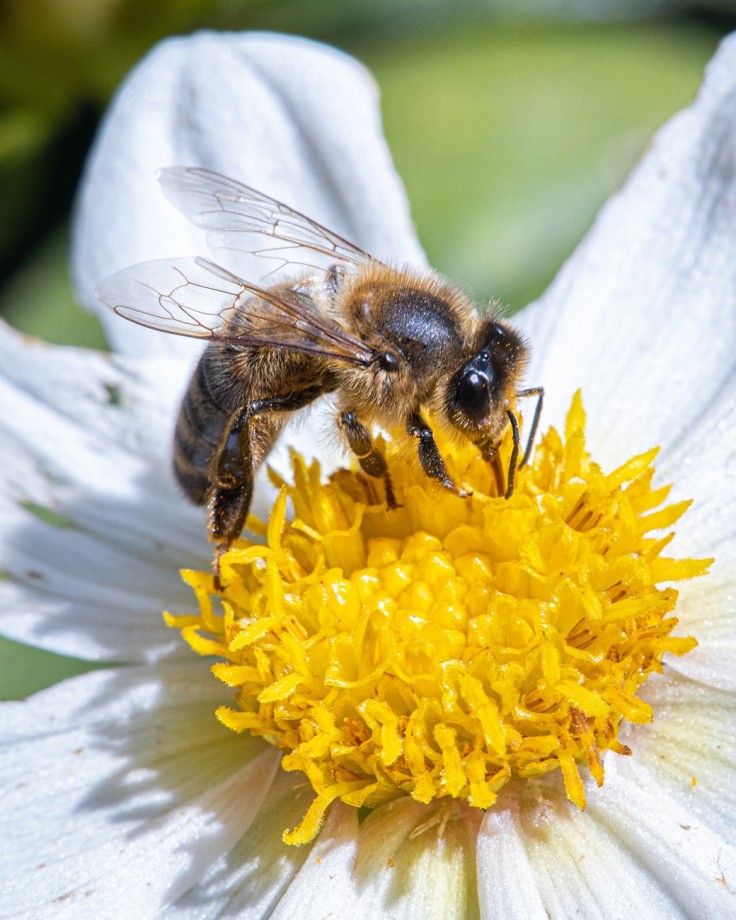Honey bee venom was successful in killing triple-negative breast cancer. Based on a study, it is a type of cancer that has very few treatment options. Apart from that, the bee venom also had good effects against HER2-enriched breast cancer cells.
Honey bee venom from varied sources
The study was published in the NPJ Precision Oncology journal. Dr. Ciara Duffy, from the Harry Perkins Institute of Medical Research and The University of Western Australia, explained their study. They used venom from more than 300 honeybees and bumblebees. She took them from varied sources in England, Ireland, and Perth, Western Australia.
The news release stated that Duffy tested the venom against the subtypes of breast cancer. Duffy said that the venom "was extremely potent." She studied the active compound of honeybee venom called melittin. She also focused on the anti-cancer properties of the venom in honeybees.
See also: Exercise Could Fight off Psychological Stress, Study Proves
Melittin had the same effects as the honey bee venom
Duffy said that both honeybee venom and melittin have decreased how cancer cells found in both types work. She explained that the synthetic product, melittin, also had good results. She and her team tested this very small positively charged peptide in honeybee venom. They found it had the same anti-cancer effects as honeybee venom.

Not only did melittin killed cancer cells, but it also decreased the chemical messages of cancer cells. It means that it prevents deadly cells from dividing and proliferating within 20 minutes. Within 60 minutes, melittin could kill the cells completely.
Duffy and her team studied how honeybee venom and melittin could affect the cancer cell signaling pathways. They found that the two quickly shut down the pathways. They also studied how melittin could help with chemotherapy drugs.
See also: Weight Loss Could Help You Prevent Certain Cancers, Study Proves
Allows treatments to enter the cancer cells
The press release noted that it forms pores in the membranes of the cancer cells. Therefore, it kills the cells by letting the treatments enter the cancer cells. Duffy said that they found that the peptide can be used with small-molecule treatments, like docetaxel.
She and her team found how it worked in decreasing tumor growth in mice when used with docetaxel.
Western Australia's chief scientist, Professor Peter Klinken, explained in detail. He said they have observed that melittin could suppress breast cancer cell growth. To be specific, it prevents the growth of triple-negative breast cancer.
See also: Omega 3 protects human brain against air pollution damage
He also said that the peptide is another proof of where natural compounds could be used to treat human sickness.
Duffy shared that there is a particular bee that gave the best results. She has found that European honeybee in Australia, Ireland, and England had produced the same effect in breast cancer cells than normal cells. She noted that at very high concentrations, the bumblebee venom was not able to cause the death of the cells.
Based on the release, more future studies are needed to find the best method to produce melittin. Apart from that, the next studies may also find the highest tolerable doses and any toxicities.